Our news
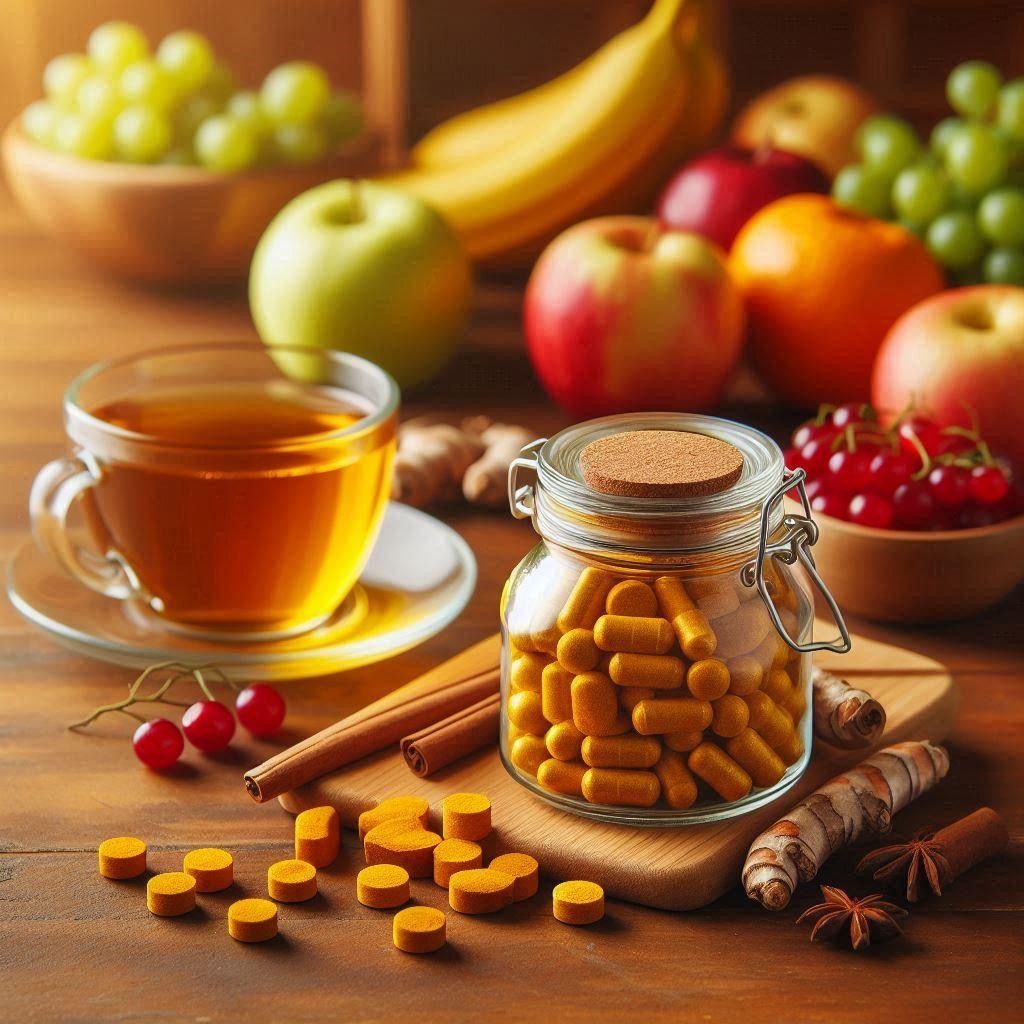
The Pros and Cons of Turmeric Supplements: What You Need to Know
Certainly! Let’s delve deeper into the benefits and drawbacks of turmeric supplements, including the role of ginger: Anti-Inflammatory Properties:Turmeric contains curcumin, a powerful anti-inflammatory compound. Numerous studies suggest that curcumin may help reduce inflammation, benefiting people with conditions like arthritis. Curcumin inhibits inflammatory pathways and reduces the production of inflammatory molecules, leading to reduced joint…
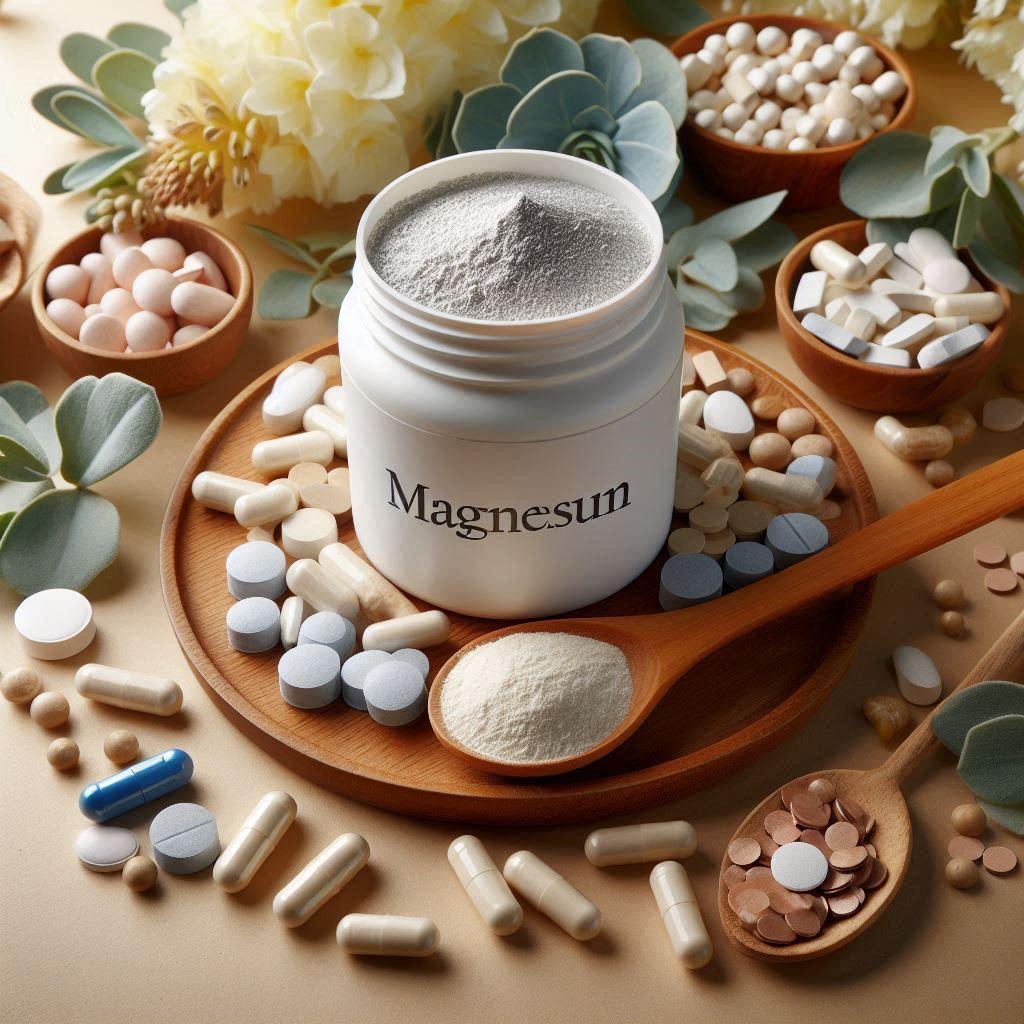
Magnesium: The Essential Mineral You Might Be Missing
In the hustle and bustle of daily life, it’s easy to overlook the importance of the minerals that fuel our body’s many functions. Magnesium, an often underappreciated yet essential mineral, plays a pivotal role in our health and well-being. Despite its significance, many of us fail to meet the recommended daily intake, leading to a…

The Unseen Costs: Unraveling the Environmental Impact of Chemical Pesticides
Certainly, let’s delve deeper into the environmental impacts of increased usage of chemical pesticides: Soil Degradation: Water Pollution: Biodiversity Loss: Resistance: Bioaccumulation: Human Health: These impacts underscore the need for careful management and regulation of pesticide use, as well as the development and adoption of more sustainable agricultural practices. The goal is to balance the…

Unveiling the Truth: The Dangers of Seed Oils and Their Hidden Presence in Common Foods
In recent years, seed oils have become ubiquitous in the modern diet, appearing in a wide range of processed foods and cooking oils. However, mounting evidence suggests that these oils may pose significant health risks when consumed in excess. Let’s explore why seed oils are bad for your health and uncover the common foods where…

Unveiling the Truth: Are “Forever Chemicals” Lurking in Your Tap Water?
In recent years, concerns have emerged regarding the presence of “forever chemicals” in tap water. These chemicals, known as per- and polyfluoroalkyl substances (PFAS), have garnered attention due to their persistence in the environment and potential health risks. But what exactly are PFAS, and should you be worried about them in your drinking water? Let’s…

Beyond the Numbers: Why Health Experts Say Calorie Counting Isn’t the Answer
In the world of dieting and weight loss, calorie counting has long been touted as the gold standard for achieving and maintaining a healthy weight. However, a growing body of evidence and expert opinion suggests that this approach may be oversimplified and ineffective in the long term. Let’s explore why health experts are advising against…
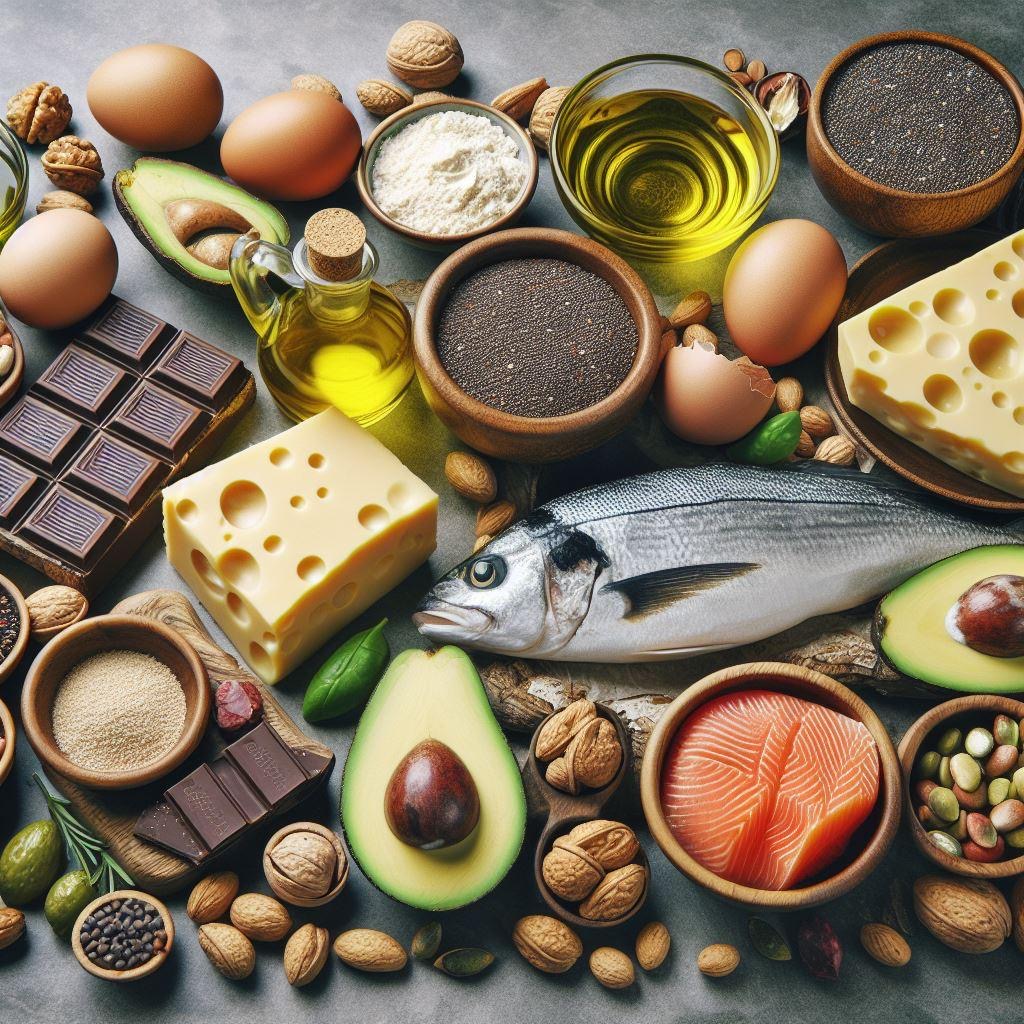
Debunking the Myth: Is Fat in Food Really the Enemy?
When it comes to nutrition, few topics have been as controversial and misunderstood as dietary fats. For decades, fats have been vilified as the primary culprit behind various health issues, from heart disease to obesity. But is fat really the enemy that it’s made out to be? Let’s separate fact from fiction. The Good, the…
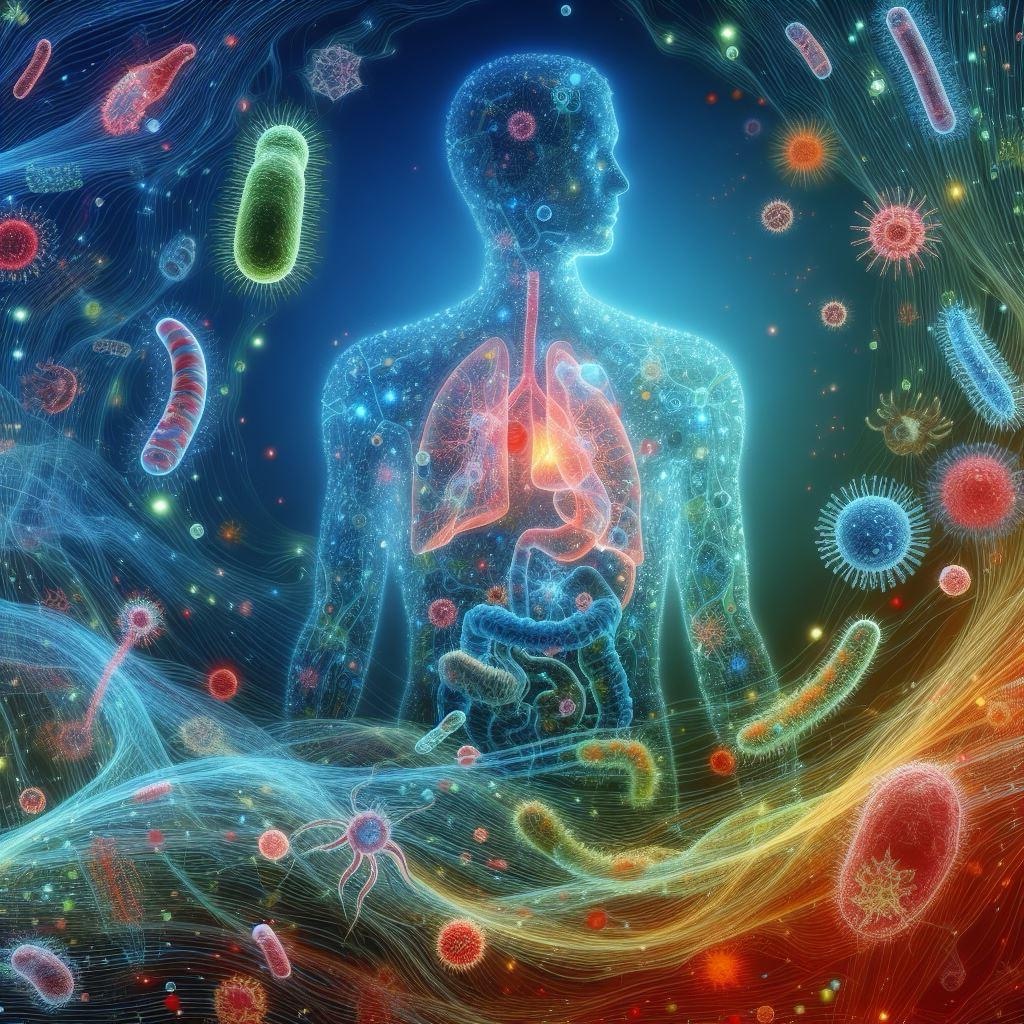
Understanding the Microbiome: Why It Matters for Your Health
The human body is a complex ecosystem teeming with life, much of which we can’t even see. At the heart of this invisible world lies the microbiome – a bustling community of microorganisms that inhabit our bodies, particularly in the gut. But what exactly is the microbiome, and why does it matter? What is the…

How to make meals more nutritious without relying on salt and sugar?
Making meals more nutritious without relying on excess salt or sugar involves a few key strategies: By focusing on whole foods and using these techniques, you can create delicious, nutritious meals without over-relying on salt and sugar. Source: Conversation with Bing, 23/03/2024(1) 25+ Tips For Modifying Recipes To Become Healthier! TONS of Yummy Swaps ….…
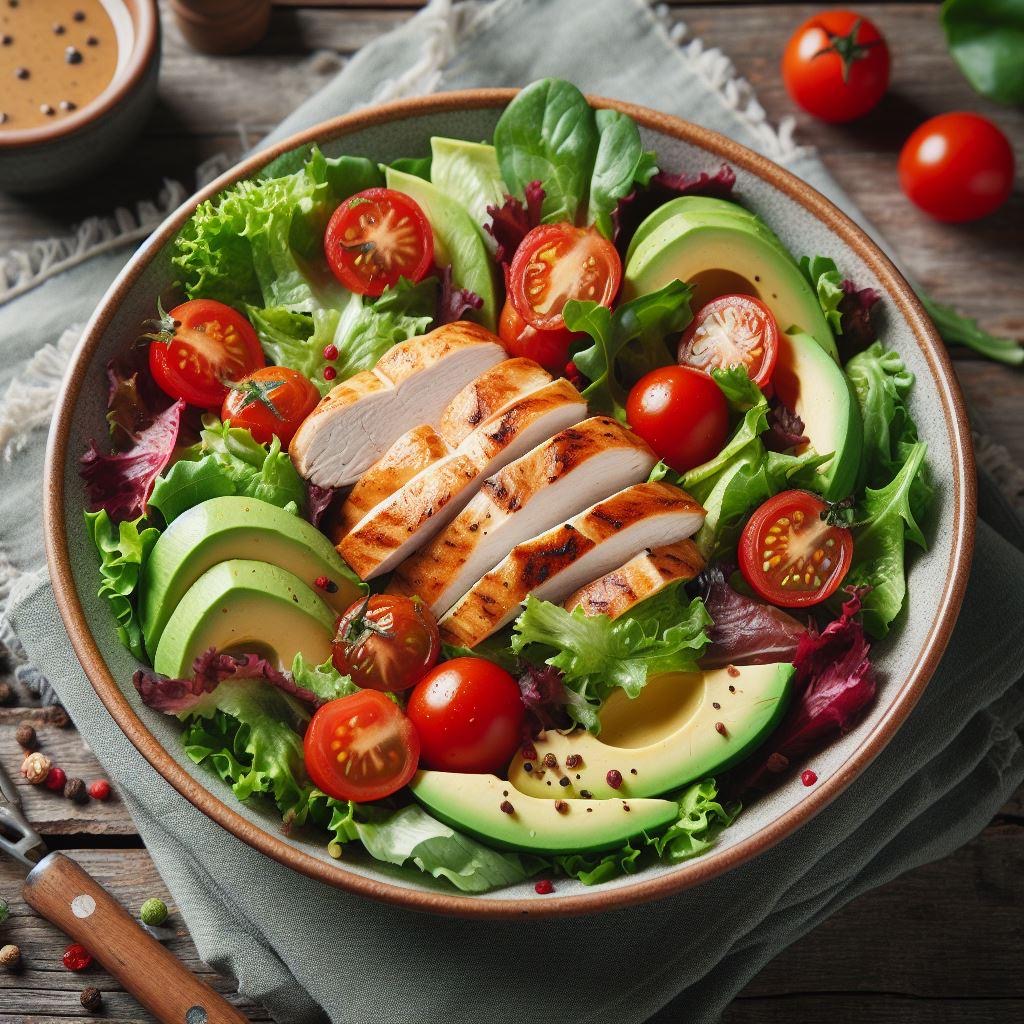
What are some examples of minimally processed foods?
Minimally processed foods are those that have been altered in a small way to extend their shelf life or enhance their taste, but still retain most of their nutritional properties. Here are some examples: These foods undergo processes like cleaning, freezing, and pasteurizing, which don’t significantly alter their nutritional content or health benefits¹²³. Incorporating these…